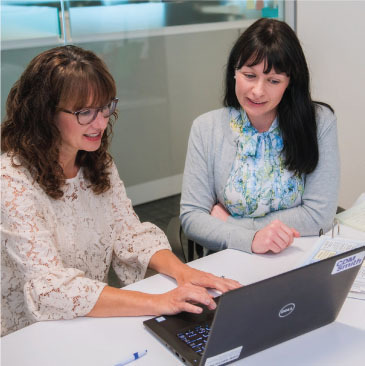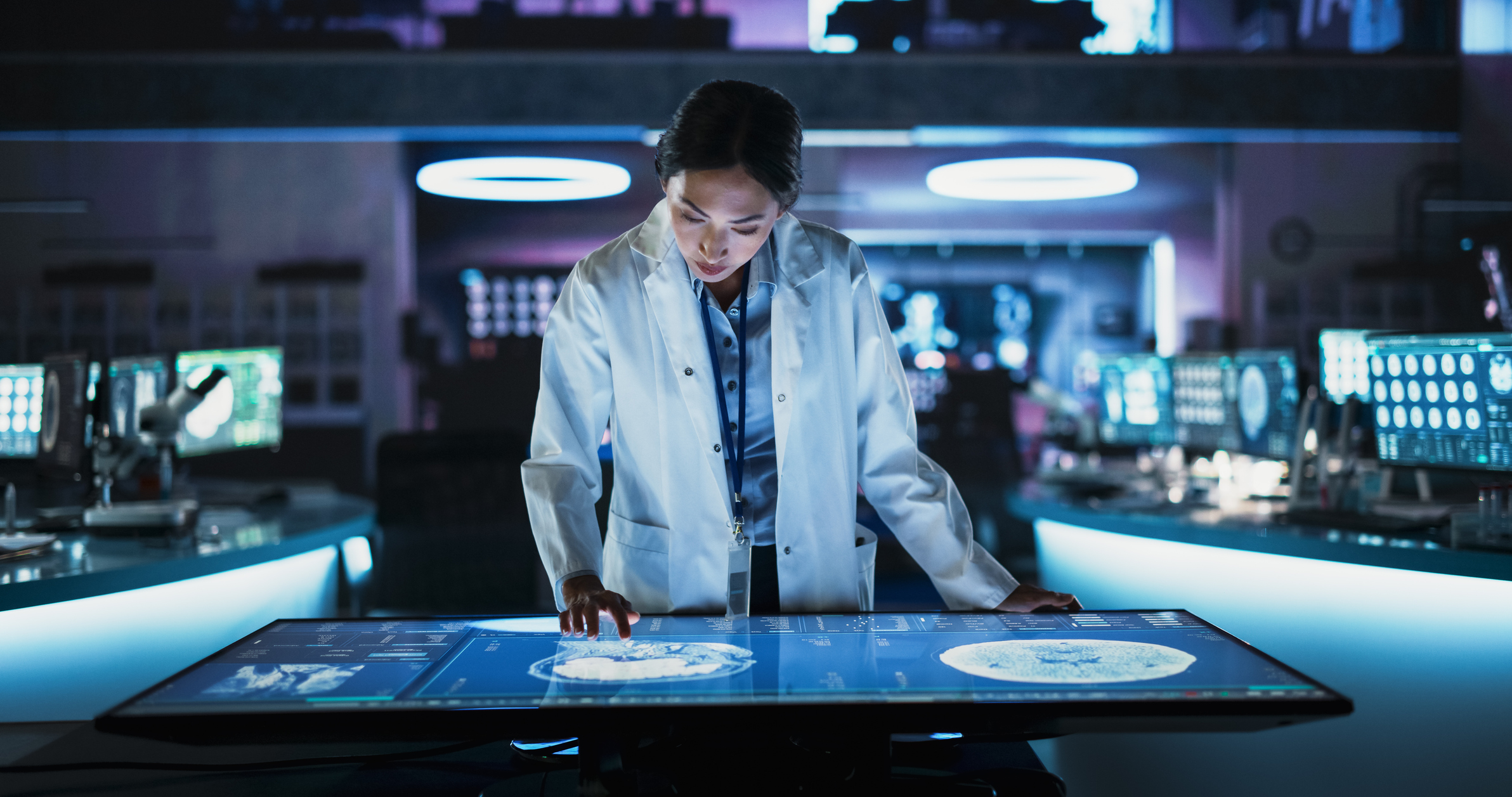October 2014
COMMUNITIES: PRIVATE PRACTICE
Who Can Be a Forensic Expert?
Many professionals, including engineers, are interested to know what it takes to be an expert witness and who can be one.
BY RICHARD M. ZIERNICKI, Ph.D., P.E.
 Experts in the legal system play a very important role. The experts usually are involved in all processes of legal proceedings. They are indispensable, since their task is to explain to the judge or jurors what happened, how it happened, and how it could have been avoided, using comprehensive scientific methods understandable to the court.
Experts in the legal system play a very important role. The experts usually are involved in all processes of legal proceedings. They are indispensable, since their task is to explain to the judge or jurors what happened, how it happened, and how it could have been avoided, using comprehensive scientific methods understandable to the court.
Experts represent very different fields and branches of science: fire and explosions, chemistry, mechanical engineering, motor vehicle reconstruction, biomechanics, structural and civil engineering, planes, vehicle and vessel design and performance, sociology, skiing industry, water recreation industry, and many more. They must carry out the analysis of motor vehicle accidents, industrial accidents, construction accidents, as well as accidents happening on the water, in the air and accidents associated with fire, explosions, electric shock, and many others.
Both sides of the litigation—the plaintiff/prosecution and the defendant—hire expert witnesses to provide their professional opinions.
 Who Is an Expert Witness?
Who Is an Expert Witness?
The expert is a person who, because of education and years of experience, can help the judge and jury to understand the technical aspects of the case.
An expert witness is someone who is called upon to testify because of specialized knowledge or training that makes the expert knowledgeable about a particular subject matter. This person is generally used during a trial to prove or disprove a claim.
Expert Qualifications
There are several expert witness qualifications that one must meet in order to be considered as an expert witness in a trial or deposition.
Although there is no set standard for being considered, determining who is eligible to act as an expert witness usually requires an examination of the person’s educational background, years of experience, and knowledge in the field of the particular case being tried. Any combination of these expert witness qualifications will be taken under consideration when choosing witnesses for a case.
Anyone who testifies as an expert witness is required to provide certain information regarding his or her qualifications, typically in the form of a resume or curriculum vitae. This information includes education, training, and experience and is provided to opposing counsel as part of the required witness disclosures. There are fairly few procedural rules in place that require experts to provide information beyond what is normally included in a resume or curriculum vitae.
Expert Witness Requirements
In various legal settings, from court to arbitration and mediation, any person who has relevant “knowledge, skills, experience, training, or education” may qualify to testify as an expert, according to Rule 702 of the Federal Rules of Evidence. However, a productive expert witness has to know more than just his or her own area of experience. An expert witness has to understand the overall legal framework. The rule also specifies that the expert witness has to apply that knowledge and those experiences in ways to qualify him or her as the expert and his or her work.
Need a Forensic
Engineering Mentor?
Currently, the National Academy of Forensic Engineers is using a voluntary mentorship program where senior forensic engineers will be available to mentor an engineer who is new or less experienced in the forensic engineering vocation.
Rule 26 of the Federal Rules of Civil Procedure requires an expert witness to provide a written report that includes all opinions, the basis for the opinions, and the information that was considered in coming to the opinions. The report must include exhibits, such as photographs or diagrams, that will be used in trial to summarize or support the opinions. Along with the basic qualifications of the witness, education, training and experience, a listing of all publications authored by the witness for the preceding 10 years and a listing of all other cases in which the individual has testified, in trial and deposition as an expert, for the preceding four years must also be provided.
An expert witness must base his or her opinion on “sufficient facts or data.” As an expert witness, the expert has to convince the court that those facts provide a solid basis for his or her opinions. An expert witness may not rely only on instincts or his or her experience in the industry.
Federal Rule of Evidence 702 is a guideline that expert witnesses are expected to understand. An expert must determine the set of facts and data that will support any conclusions reached. To guide an expert witness, Rule 702 adds that an expert’s testimony must be “the product of reliable principles and methods.” As an expert in the field, he or she should already be familiar with the principles and methods used by others in the field. An expert witness has to be prepared to reference and explain any commonly accepted regulations, standards, or guidelines that govern the industry. Finally, the rule dictates that an expert has to have “applied the principles and methods reliably to the facts of the case.”
Who Qualifies as an Expert Witness?
For each case, the judge decides whether a person is qualified to participate as an expert. Federal judges are known for their very critical attitude and high expectations when choosing a potential expert.
Important to Remember
• All defendants are entitled to a legal defense and are innocent until proven guilty.
• As an expert witness, you should offer objective analytical skills to attorneys on both sides of any case.
• An expert does not resolve the right or wrong of a case. The expert brings his or her expertise and knowledge to the court, presents the analysis and findings, and then provides impartial testimony.
There are several ways to determine whether someone is qualified to be an expert witness or not. To establish someone’s expertise, the court usually inquires about the education, special training, skills, and professional knowledge of a person. To establish this, the court lets both the hiring attorney and the opposing counsel question the witness about his special abilities. The opposing counsel is provided with an opportunity to challenge the qualifications of the witness and preclude the expert from being accepted by the court.
Before a potential expert is accepted by the judge as an expert witness, the lawyer of the opposing party tries to undermine his or her qualifications in order to degrade the expert’s qualifications and hopes that the judge will strike the expert. This is done in the presence of a jury. Only after approval by the judge is an expert witness allowed to testify.
In the U.S. there is no license that would give an expert a guarantee to be approved as an expert by the judge.
A potential expert, despite his or her education, extensive knowledge, and long experience may not be accepted by a judge.
Richard M. Ziernicki, Ph.D., P.E., is past president of the National Academy of Forensic Engineers. He is the principal engineer at Knott Laboratory LLC in Centennial, Colorado. He can be contacted at [email protected].


 Volunteering at NSPE is a great opportunity to grow your professional network and connect with other leaders in the field.
Volunteering at NSPE is a great opportunity to grow your professional network and connect with other leaders in the field. The National Society of Professional Engineers (NSPE) encourages you to explore the resources to cast your vote on election day:
The National Society of Professional Engineers (NSPE) encourages you to explore the resources to cast your vote on election day:






